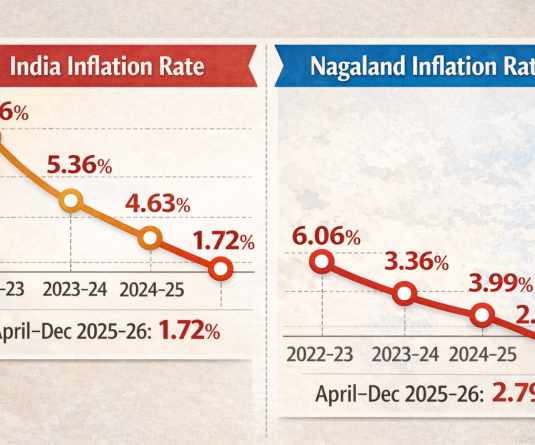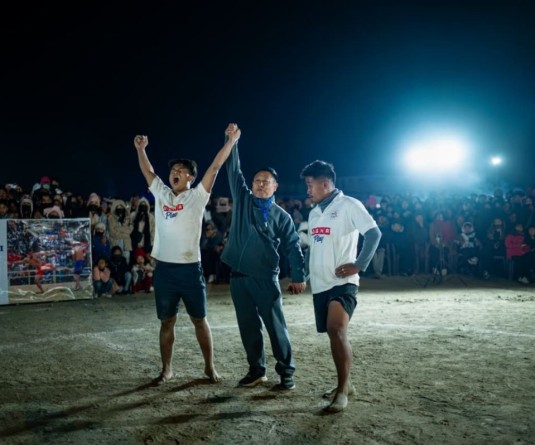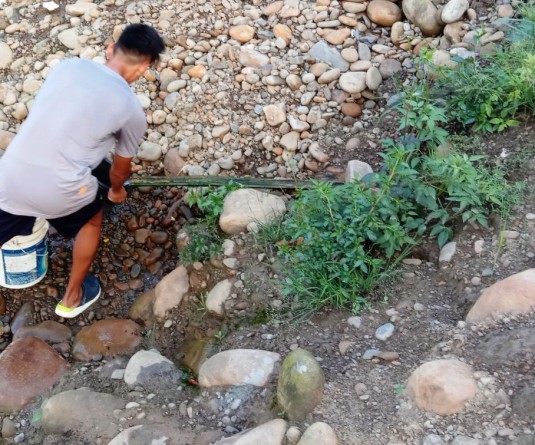The graves of 13 out of the 14 youths who were killed by security forces at Oting on December 4 and 5. (Morung Photo)
‘…this senseless killing has irreparably broken our trust.’
Veroli Zhimo
Oting | December 10
Typically, in December, Naga villages bustle with energy—children studying in bigger towns return home for Christmas, youths gather to practice songs and carols or to decorate the church, visiting town folk regale the villagers with tales from the ‘cities’—it’s a time for merrymaking.
But the pall of gloom over Oting village is palpable.
Despite the presence of several media persons and state law enforcement personnel that flocked to the hilltop village in the aftermath of the December 4 killings, the streets are quiet and almost empty; except for a few village elders gathered at the village Morung to receive visitors.
“We are very hurt,” said Nokyem, the Pastor of Oting Village Baptist Church. “It’s the festive season but we have just lost some of the most diligent youths of our village, that too in such a senseless and violent manner. How can we celebrate?” he posed.
Similarly, Chingwang, the deputy Angh, said that the loss is felt not just among family members of the 14 young men, but the whole village. “For the people of Oting, this is deeply personal,” he said, narrating how the village, even before Nagaland attained statehood, had never shown animosity towards the security forces. "In fact, most of our youths respected the men in uniform, trusted and cooperated in all their civics activities, but this senseless killing has irreparably broken our trust,” he added.
“In our pain and frustration, we even find ourselves unable to speak politely with each other,” the deputy Angh sighed.
At the far side of the village, lies the final resting place of the 14 youths.
Covered in thick thatched palm leaves, the rows of 13 graves stretched at least 40-feet and were adorned with flowers. Following traditional burial customs, families left personal effects of the deceased that they believed would help them in their journey into the afterlife.
Minpang who lost three cousins—twin brothers Langwang and Thapwang Konyak and M Shomwang Konyak, were among those who were killed on the fateful night stood by the grave comforting a family member. They had brought biscuits and other snacks to keep at the graveside.
A pair of neatly ironed suits hung above the grave of the twins. “The last time I saw them, they were dressed up in these suits, attending Hokup’s wedding on November 25,” Minpang said, pointing at Hokup’s final resting place. Hokup was also killed on December 4, barely 10 days after his marriage.
We remind ourselves constantly, that we are all born to die, Minpang said. “But nobody deserves to die like this.”





